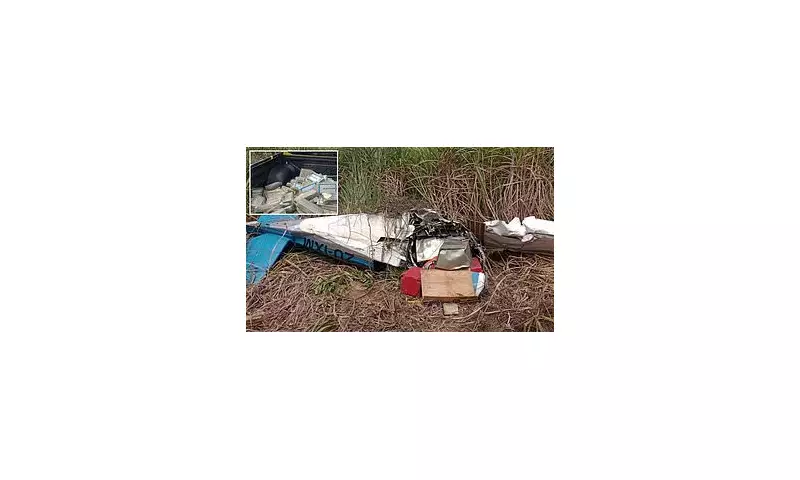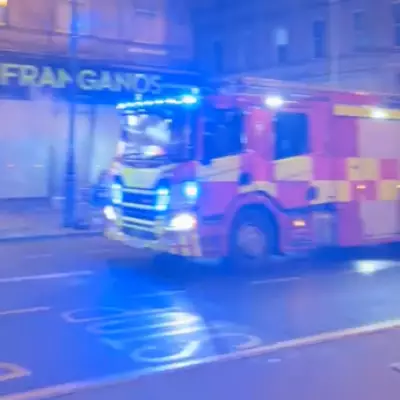
An Australian cargo pilot was under the influence of cocaine during a flight that ended in a catastrophic crash in the Brazilian Amazon, a shocking official investigation has concluded.
The aircraft, an Australian-registered Hawker Siddeley 700 series jet, plummeted from the sky near the remote jungle town of Barcelos in September 2022. The crash claimed the lives of all seven people on board, including the pilot and co-pilot.
A Trail of Tragedy and Negligence
Brazil's Aeronautical Accident Investigation and Prevention Centre (CENIPA) delivered a damning final report. It confirmed the presence of cocaine and its metabolites in the 53-year-old Australian captain's toxicology results, indicating he had used the illicit substance shortly before the fatal flight.
The report paints a picture of severe negligence, citing a complete "loss of control in flight" as the official cause of the accident. Investigators found no evidence of technical failure with the aircraft itself, pointing the finger squarely at human error exacerbated by substance abuse.
International Ramifications and Broken Trust
The scandal has sent shockwaves through the international aviation community, raising urgent questions about the efficacy of pre-flight medical checks and pilot screening across borders. The pilot, whose identity remains protected, was employed by the Sydney-based cargo company, National Jet Express, at the time of the incident.
In a statement, the company expressed its devastation and confirmed the pilot had passed all necessary pre-employment and ongoing medical checks as mandated by Australian regulations. This revelation suggests a potentially dangerous gap in the system, where off-duty conduct can have fatal consequences.
A Community Left Seeking Answers
The crash not only killed the flight crew but also five local passengers, leaving a small Brazilian community in mourning. The investigation's findings have transformed a tragedy into an international scandal, highlighting the critical importance of unwavering safety protocols in global aviation.
Aviation authorities in Australia and Brazil are now under pressure to review cross-border employment checks and ensure such a catastrophic failure of safety never happens again.





